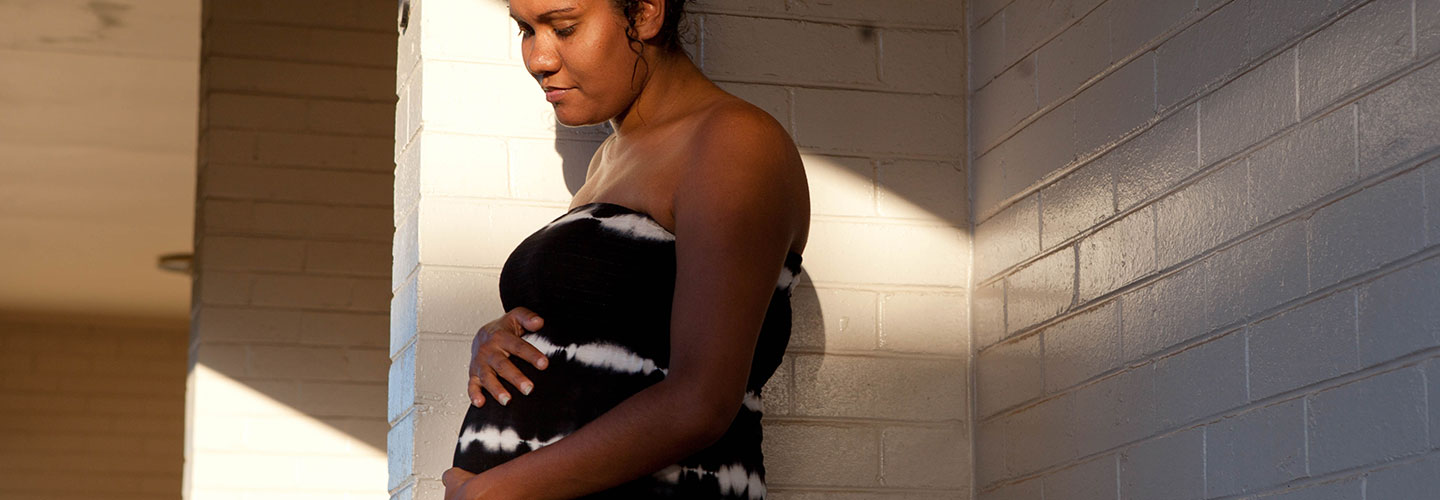Find clinics and doctors in NSW
Find local clinics and specialists in NSW who can help you with Hepatitis treatment and care.
Find Help

I’m pregnant and I have hepatitis B. What do I need to know?
People living with hep B can have children. Also, as long as the other partner is vaccinated against hep B, they will not be able to get hep B.
It is usually passed from mother to baby at birth. The mother-to-child transmission can be during pregnancy or during birth. This means it can happen in the uterus, by crossing the placental barrier, or through exposure to blood at birth.
If you have hep B, it is important that you see your doctor every 6 months for a hep B check-up. This is to see if your liver is healthy and how the virus is behaving. For more information in your language, you can call Translating and Interpreting (TIS) National on 131 450 (for free) and ask to be connected to the Hepatitis Infoline on 1800 803 990.
Speak to a member of our hepatitis Infoline team via either phone call or online with live chat.
Call or ChatYou might need treatment when you’re pregnant, to help protect your baby from hep B. After your baby is born, you will need 6 monthly hep B checks with your doctor, to keep you healthy. These tests will also show if you need treatment.
Soon after your baby is born, your midwife will give your baby 2 important injections. Hep B immunoglobulin (within 12 hours of birth) and the hep B vaccine (the first of 4 vaccinations). This is then followed by a further three doses of hep B vaccine at 6 weeks, 4 months and 6 months of age. After these injections, your baby will have a very low chance of ever getting hep B.
After your baby gets their first two hep B injections you can start breastfeeding. Hep B is not passed on through skin-to-skin contact – so you can still have skin-to-skin contact with your baby while you’re waiting for their injections. If your nipples become cracked and bleed, you can stop breastfeeding while they heal (and express your milk). After your nipples are healed, you can then keep breastfeeding.
You can choose if you want to tell your family about your hep B. It could be good to tell some of your family in case they also have hep B. They should be tested and vaccinated if needed.
If you’d like to talk to someone about telling your family, call the Hepatitis Infoline (these calls are confidential).
If you’d like to know more about how hep B may affect your pregnancy, baby or child, phone the Hepatitis Infoline today.
You can also visit our Detailed hep B information page >>
Please check out our easy-read brochure, click here for Hepatitis B Mothers and Babies >>
Want to know if you are vaccinated? Click here to see our Hepatitis B Testing Chart >>
Are you planning on having a baby, or have a baby? For general info, please see our Commonwealth information partner, PregnancyBirth&Baby.
Click here to open PregnancyBirth&Baby in a new tab >>
Find local clinics and specialists in NSW who can help you with Hepatitis treatment and care.
Find Help